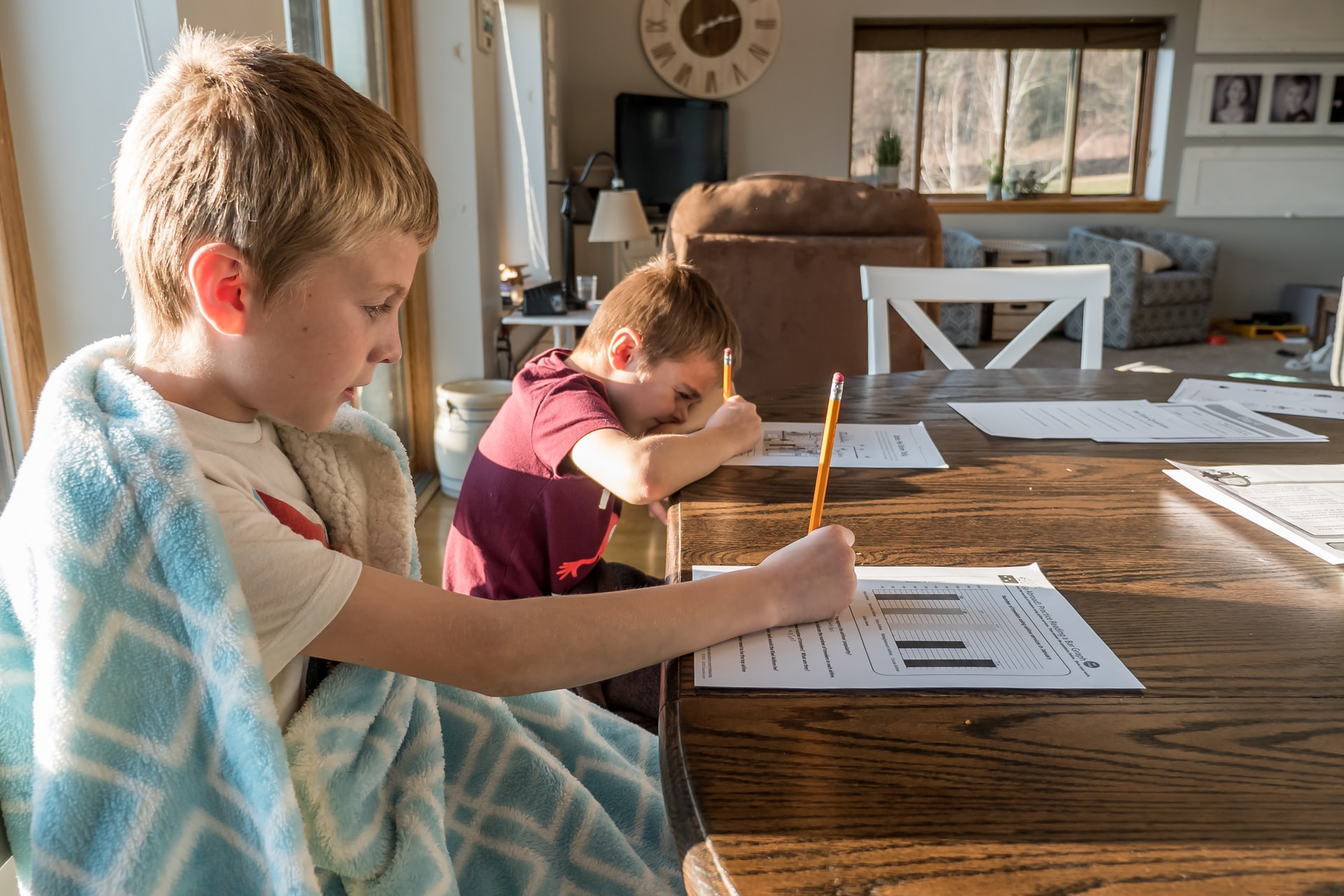Does Home Schooling Create A Vulnerable Circumstance?
- 07 January 2021

Earlier this week I was appointed into a role that I hadn't applied for. I was assigned the role of home schoolteacher alongside my full-time job of running a consultancy. My new 'class' of three children are aged 16 (doing GCSE's), almost 14 (year 9) and 8 (year 3) so my new teaching skills need to cover a wide audience and subjects. Whilst I have never been through teacher training and felt completely frazzled after the first 90 mins, I still felt that I was one of the lucky ones.
My husband and I are fortunate to both be in full-time work in senior roles. We are a little time poor, but we do have the "basic" requirements for home schooling available for our children and were able to switch them on instantly.
Unlike 1.8m children in the UK, our three do have access to a laptop, computer or internet connected mobile phone. They're really lucky and can all access a laptop at the same time so there's no challenge of sharing kit. We're also one of the 91% of UK households with access to the internet - 9% of UK children are living in households with no access to an internet connection.
Again, we're lucky as our internet connection is on subscription and we don't have to worry about data charges. For those families trying to access online education platforms via Pay As You Go (PAYG) services, the estimated cost is an eye-watering £37 PER DAY. So, I was delighted to see network providers including O2 publicising their support of home-schooling families with 40GB of free data per month (https://news.o2.co.uk/press-release/o2-provides-40gb-free-data-to-support-hardest-hit-home-schooling-families/). I've also spotted a number of charitable initiatives whereby we can donate an old computer to be wiped and reset which can be donated to a family who doesn't have enough IT kit at home for their children to be home schooled online.
Whilst I felt frazzled after a morning of our 'class' my worries were minor when compared to those of families across the UK who are trying to work out how they can enable their children to 'keep up' with their schooling during yet another lockdown. Some families are resorting to printing off lessons which their kids can then complete offline. Whilst that may solve the data costs it can add to the cost of printer paper or printer cartridges. Many families are having to work out how they can cut back on heating during the winter months. My children are fortunate not to be wrapped in blankets at the kitchen table writing on printed off documents. For those children trying to access live streamed lessons, that's not even an option.
Some parents are trying to work out how to reduce food bills to cover the costs of mobile data charges - 1.9m people accessed a foodbank in 2019/20. The Trussell Trust reported that on average they distributed 2,600 food parcels EVERY DAY on average during the first lockdown. With redundancies on the rise and extended furlough leading to families having long ago exhausted any 'rainy day' fund they may have had, all these stresses will be impacting upon the mental health of those involved too with 1 in 2 who experience financial vulnerabilities also affected by mental health.
So, to answer my own question "yes, home schooling can create a vulnerable circumstance". If you come across someone who is exasperated by home schooling, I'm hoping this article will help you to understand that they are worried about home schooling and those worries may be deep rooted and widespread. Please #BeKind.
Elaine Lee, MD ReynoldsBusbyLee Ltd
Photo Credit Jessica Lewis on Unsplash




